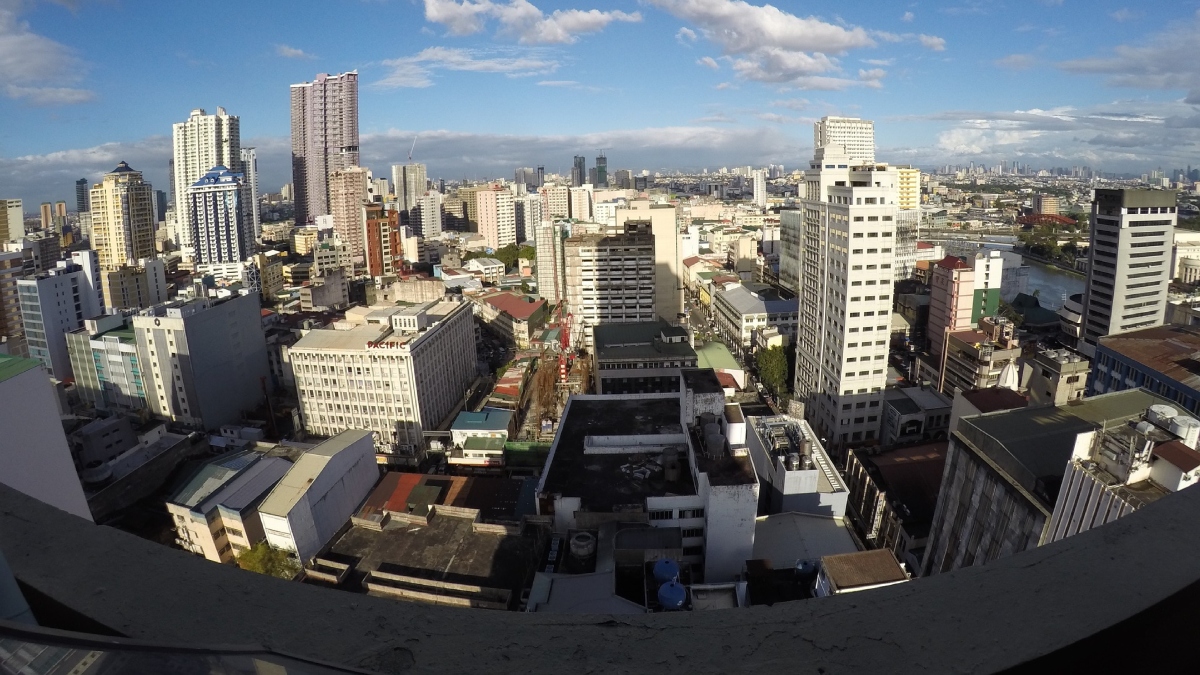Filipinos today exhibit a cautious approach when it comes to trusting leaders and institutions, with proof of fulfilled promises becoming a prerequisite for trust, according to a PhilStar report which cites the 2024 Philippine Trust Study by the EON Group and the Department of Development Studies at Ateneo de Manila University. The study, conducted from May to September 2024, included a nationwide survey of 1,800 respondents and focus group discussions (FGDs) to provide context to their answers.
The report highlights that Filipinos prioritize leaders and institutions that demonstrate competence, transparency, consistency, and genuine intentions. While trust levels in surveys often exceed 90%, the FGDs indicated this trust is “not full or absolute,” revealing that Filipinos are mindful of extending their trust due to potential risks.
“Filipinos are careful in trusting and not fully trusting because there’s a lot to lose,” noted EON Group President Malyn Molina, underlining the cautious mindset.
The study found that most Filipinos (98%) trust themselves the most, followed closely by their bosses and religious leaders. Local government units (LGUs) earned higher trust ratings (85.4%) compared to national leaders (70.7%), attributed to stronger familiarity, according to Ateneo assistant professor Kevin Go. “Filipinos trust local institutions more due to direct experiences and engagement,” Go added.
Despite high trust levels in the government, only specific departments like the Department of Education (97.7%) and the Department of Health (97%) stood out as most trusted. On the contrary, agencies like the Bureau of Internal Revenue held lower yet significant trust ratings at 78.8%.
Businesses, especially those offering quality and reliable services, are trusted by nearly 90% of Filipinos, though digital payment apps and real estate developers rank lower. Meanwhile, trust in media was split, with traditional platforms such as TV (93.7%) and radio (90.6%) leading, while print and online media received only around 60%.
The academe remained trusted, though public elementary and high schools had notably lower trust levels (69%) compared to private institutions and state universities. For religious organizations, trust was highest for the Catholic Church (92.4%) but varied among other groups, with the Kingdom of Jesus Christ led by Apollo Quiboloy receiving the lowest rating (28.9%).
The study emphasized that trust among Filipinos is rooted in perceived competence, ethical behavior, transparency, and openness to ideas. However, respondents also noted that their trust erodes when leaders fail to meet promises or act against marginalized groups.
This latest iteration of the Philippine Trust Study marks the ninth time the EON Group has conducted research on trust, expanding the number of respondents from 800 to 1,800 and incorporating qualitative insights to better understand the Filipino perspective.





